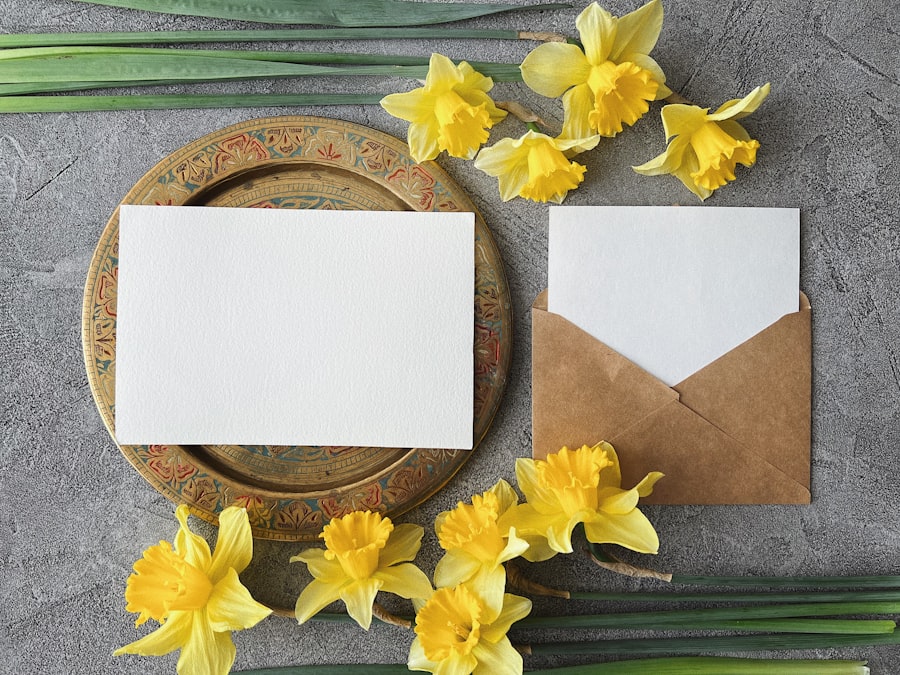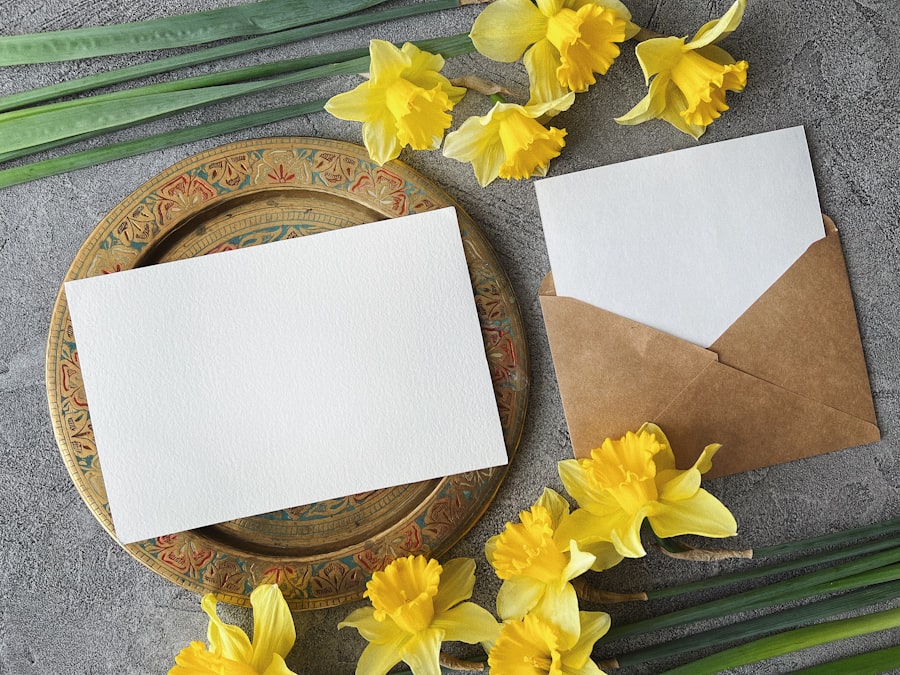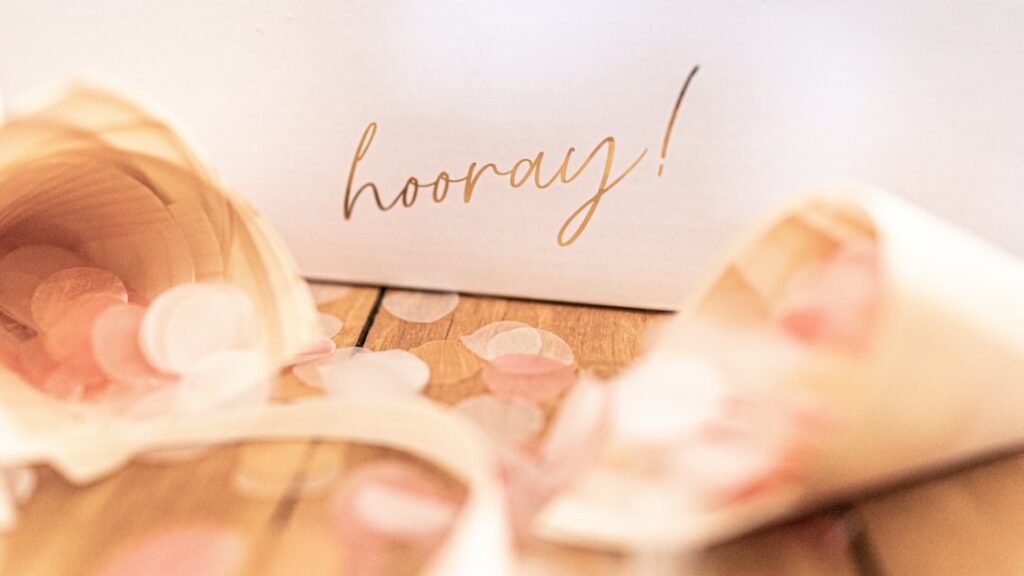When you embark on the journey of planning a wedding, the significance of formalities cannot be overstated. These rituals and customs serve as the backbone of the celebration, providing structure and meaning to what is often one of the most important days of your life. Formalities not only honour tradition but also create a sense of unity among family and friends, allowing everyone to partake in the joy and significance of your union.
They help to establish a framework within which you can express your love and commitment, making the day feel more profound and memorable. Moreover, wedding formalities can help alleviate some of the stress that comes with planning such a monumental event. By adhering to established customs, you can streamline your decision-making process, as many aspects of the ceremony and reception are already defined.
This can be particularly beneficial when you are faced with an overwhelming number of choices. Embracing these formalities allows you to focus on what truly matters: celebrating your love and commitment with those who mean the most to you.
Summary
- Wedding formalities are important for setting the tone and structure of the wedding day, ensuring everything runs smoothly and according to plan.
- Traditional wedding formalities include customs such as the first dance, cutting the cake, and the throwing of the bouquet.
- Modern wedding formalities may include non-traditional elements such as a unity ceremony or a personalized vow exchange.
- Legal wedding formalities are essential for ensuring the marriage is legally binding, including obtaining a marriage license and having a registered officiant.
- Cultural wedding formalities vary widely and may include customs such as the Chinese tea ceremony or the Indian varmala exchange.
Traditional Wedding Formalities
Traditional wedding formalities vary widely across cultures and regions, each carrying its own unique significance. In many Western cultures, for instance, the exchange of vows and rings is a cornerstone of the ceremony. This act symbolises not only the couple’s commitment to one another but also their intention to build a life together.
The presence of witnesses further solidifies this commitment, as it transforms a private promise into a public declaration. In addition to the exchange of vows, traditional weddings often include various rituals that reflect the couple’s heritage. For example, in a Christian ceremony, the lighting of a unity candle may signify the joining of two families into one.
Similarly, in Hindu weddings, the Saptapadi ritual involves the couple taking seven steps together, each representing a specific vow they make to one another. These traditions not only enrich the ceremony but also serve as a reminder of the values and beliefs that underpin your relationship.
Modern Wedding Formalities

As society evolves, so too do wedding formalities. Modern weddings often embrace a more relaxed approach, allowing couples to personalise their ceremonies in ways that reflect their unique personalities and values. This shift has led to an increase in non-traditional elements, such as themed weddings or destination ceremonies that take place in exotic locations.
You may find that incorporating modern formalities allows you to break free from conventional expectations and create an event that feels authentic to you. In addition to changing venues and themes, modern weddings often feature personalised vows that reflect your individual love story. This departure from standardised vows allows you to express your feelings in a way that resonates deeply with both you and your partner.
Furthermore, many couples are opting for smaller, more intimate gatherings, focusing on quality over quantity when it comes to guest lists.
This trend not only fosters a more meaningful atmosphere but also allows for greater flexibility in planning.
Legal Wedding Formalities
Navigating the legal aspects of marriage is an essential component of wedding formalities that should not be overlooked. Each country has its own set of legal requirements that must be fulfilled before you can officially tie the knot. In the UK, for instance, you must give notice of your intention to marry at least 28 days in advance at your local registry office.
This process involves providing personal information and documentation, such as proof of identity and residency. Once you have completed the necessary legal steps, you will need to ensure that your ceremony is conducted by an authorised person. This could be a registrar or a religious officiant, depending on your chosen venue and personal beliefs.
It is crucial to understand these legal formalities, as failing to comply with them could result in your marriage being deemed invalid. By taking the time to familiarise yourself with these requirements, you can ensure that your special day proceeds smoothly and without any legal complications.
Cultural Wedding Formalities
Cultural wedding formalities play a significant role in shaping the way couples celebrate their unions. These customs often reflect deep-rooted beliefs and values that have been passed down through generations. For instance, in many African cultures, traditional weddings may involve elaborate ceremonies that include music, dance, and vibrant attire.
These elements not only celebrate the couple’s love but also honour their heritage and community. In contrast, some cultures may emphasise more subdued formalities that focus on spiritual or religious significance. For example, Jewish weddings often include the signing of a ketubah (marriage contract) and the breaking of a glass, both rich in symbolism and meaning.
By incorporating cultural formalities into your wedding, you can create a celebration that resonates with your identity and pays homage to your ancestry.
Personalized Wedding Formalities

In today’s world, many couples are choosing to personalise their wedding formalities to reflect their unique relationship and values. This trend allows you to infuse your personality into every aspect of the celebration, from the ceremony itself to the reception details. Personalised vows are one way to achieve this; by writing your own promises to one another, you can express your love in a way that feels genuine and heartfelt.
Additionally, incorporating elements that are meaningful to you as a couple can enhance the overall experience for both you and your guests. This might include selecting readings or songs that hold special significance or creating unique rituals that represent your journey together. By personalising these formalities, you not only make your wedding day more memorable but also create lasting memories for everyone involved.
Wedding Formalities Etiquette
Understanding wedding formalities etiquette is crucial for ensuring that your celebration runs smoothly and is enjoyable for all attendees. From sending out invitations to managing RSVPs, adhering to proper etiquette can help set the tone for your event. For instance, it is customary to send invitations at least six to eight weeks before the wedding date, allowing guests ample time to respond.
Moreover, being mindful of guest behaviour during the ceremony is essential for maintaining an atmosphere of respect and reverence. Encouraging guests to arrive on time and refrain from using their phones during key moments can help create a more intimate experience for everyone involved. By paying attention to these details, you can foster an environment where love and joy take centre stage.
Simplifying Wedding Formalities
While wedding formalities are important, it is equally essential to recognise when they may become overwhelming. Simplifying these aspects can help reduce stress and allow you to focus on what truly matters: celebrating your love with family and friends. One effective way to streamline planning is by prioritising which formalities are most meaningful to you as a couple.
Consider opting for a smaller guest list or choosing a less traditional venue that requires fewer formalities. Additionally, enlisting the help of a wedding planner can alleviate some of the burdens associated with coordinating various elements of the day. By simplifying your approach to wedding formalities, you can create an event that feels authentic and enjoyable without becoming bogged down by unnecessary stressors.
In conclusion, wedding formalities encompass a wide range of traditions and customs that play an integral role in shaping your special day. Whether you choose to embrace traditional practices or opt for modern interpretations, understanding these formalities will help ensure that your celebration is meaningful and memorable. By navigating legal requirements, honouring cultural customs, personalising elements of your ceremony, adhering to etiquette guidelines, and simplifying where necessary, you can create a wedding experience that truly reflects your love story while allowing you to enjoy every moment with those who matter most.
When planning your wedding, one of the most crucial decisions you’ll make is choosing the venue. It sets the tone for the entire day and influences every other aspect of your celebration. If you’re considering Glasgow as your wedding destination, you might find it useful to explore a comprehensive guide that lists the top 30 wedding venues in the city. This guide offers a detailed look at a variety of venues, ensuring you find one that perfectly matches your vision and requirements. For more information, you can read the related article here.
FAQs
What are some common wedding formalities?
Some common wedding formalities include the exchange of vows, the giving of rings, the signing of the marriage register, and the traditional first dance.
What is the order of events at a formal wedding?
The order of events at a formal wedding typically includes the processional, the exchange of vows, the giving of rings, the signing of the marriage register, the recessional, the wedding reception, and the traditional first dance.
What is the purpose of wedding formalities?
Wedding formalities serve to solemnize and legalise the marriage, as well as to honour and celebrate the union of the couple in a traditional and formal manner.
What should guests wear to a formal wedding?
Guests attending a formal wedding are typically expected to wear formal attire, such as a suit and tie for men and a cocktail dress or evening gown for women.
What are some traditional formalities at a wedding reception?
Some traditional formalities at a wedding reception include the cutting of the wedding cake, the toasts and speeches, the first dance, and the throwing of the bouquet and garter.

